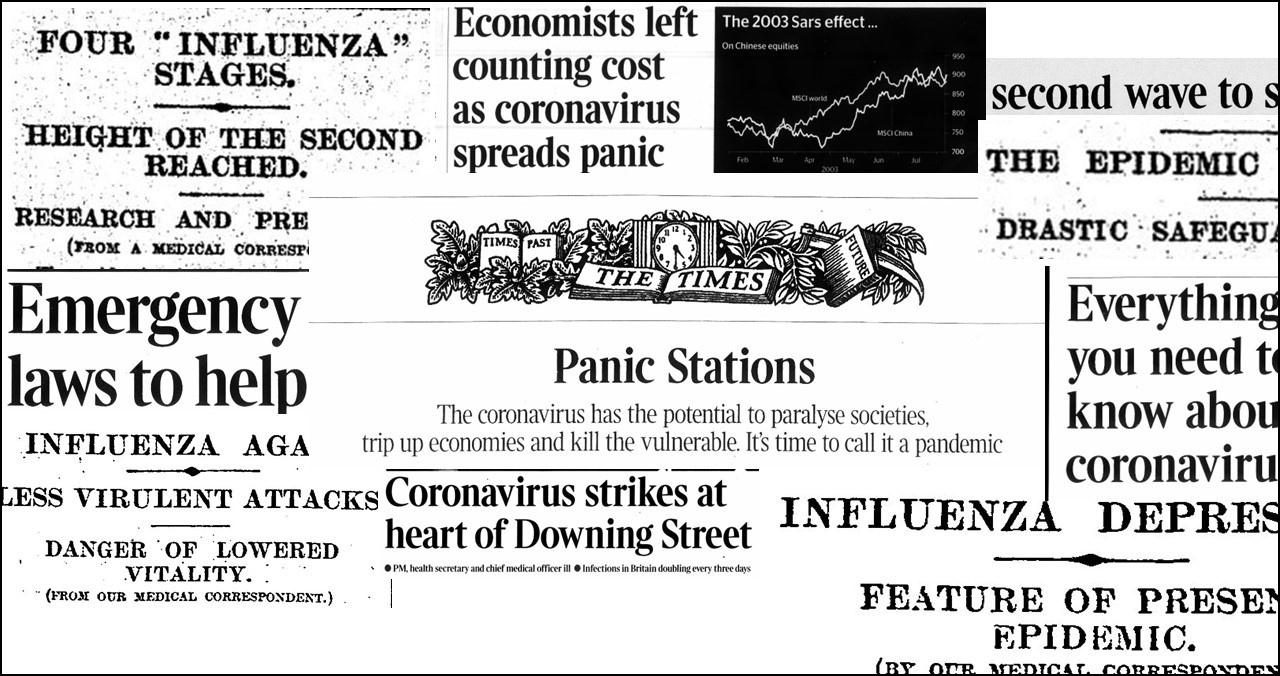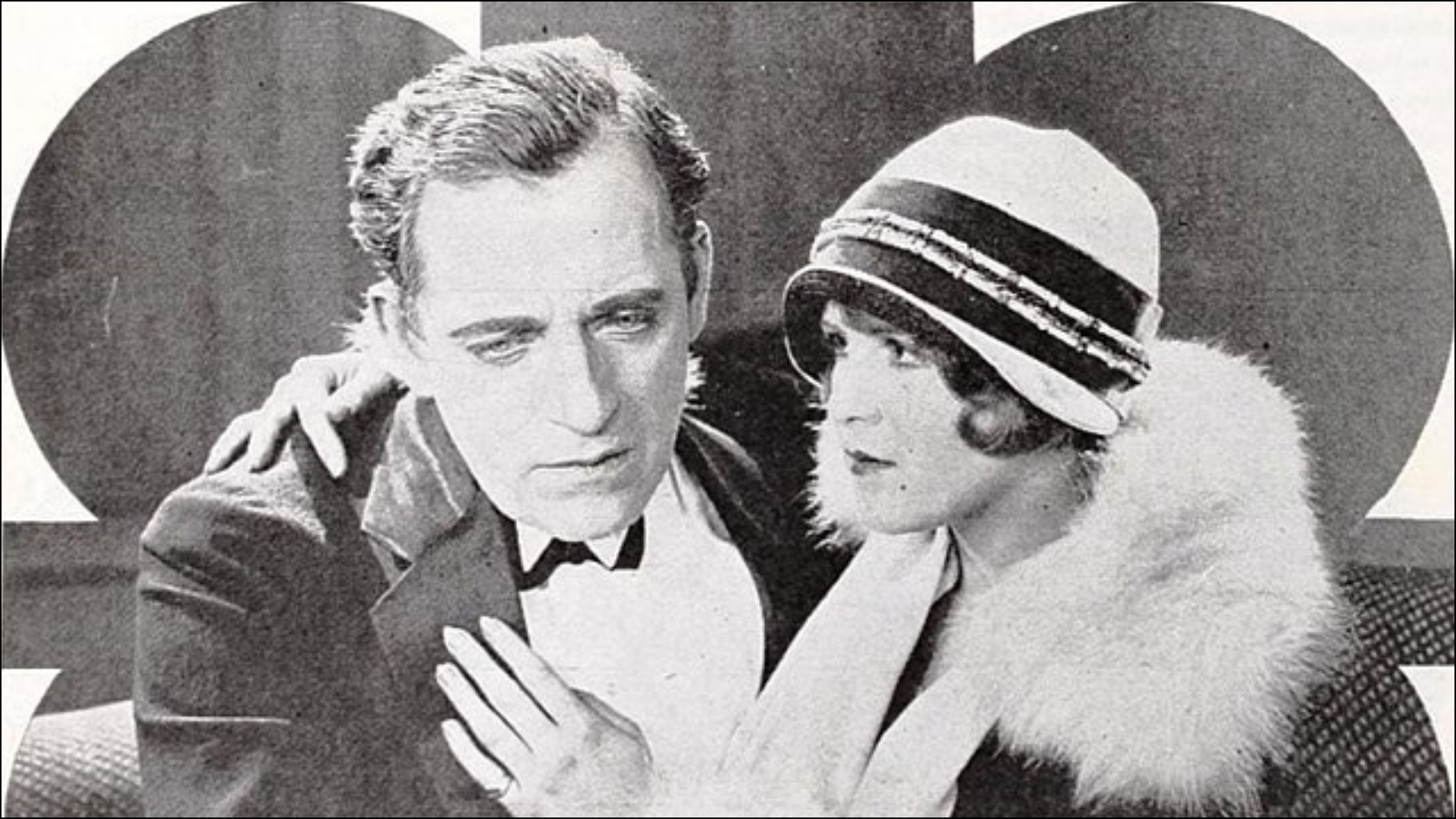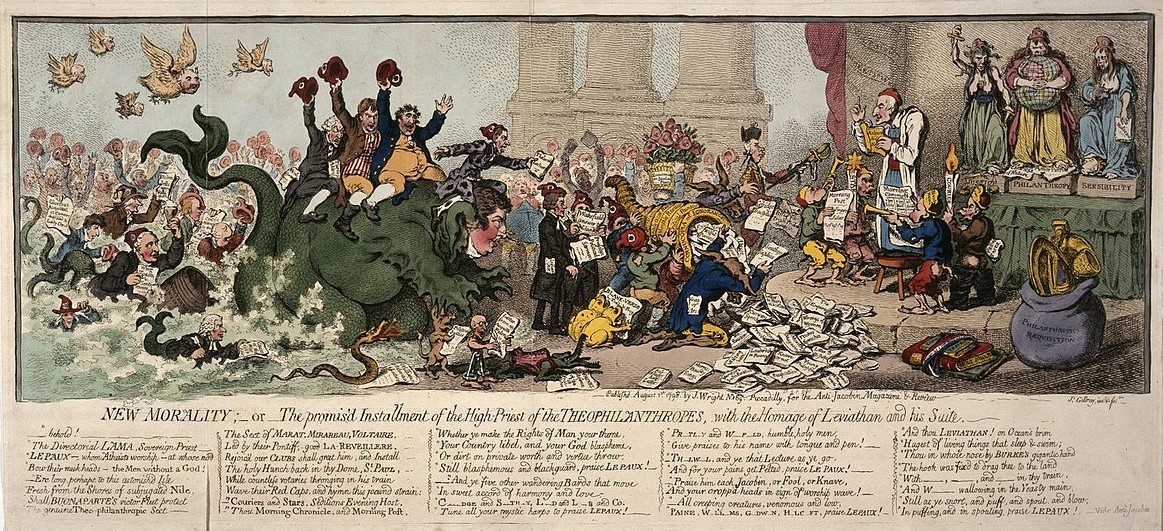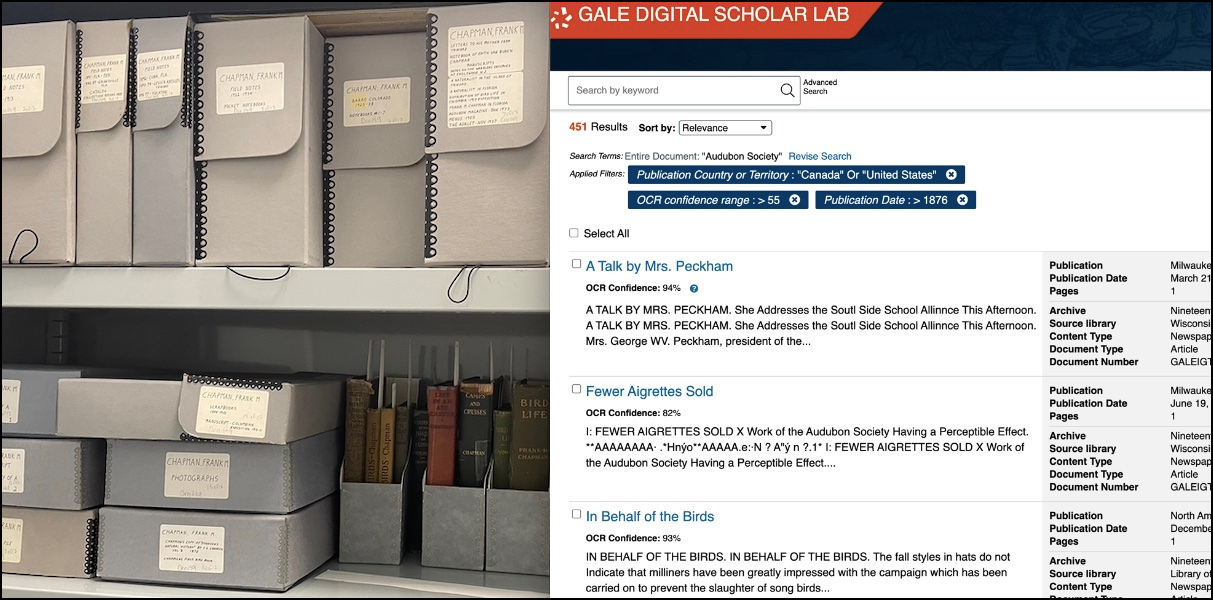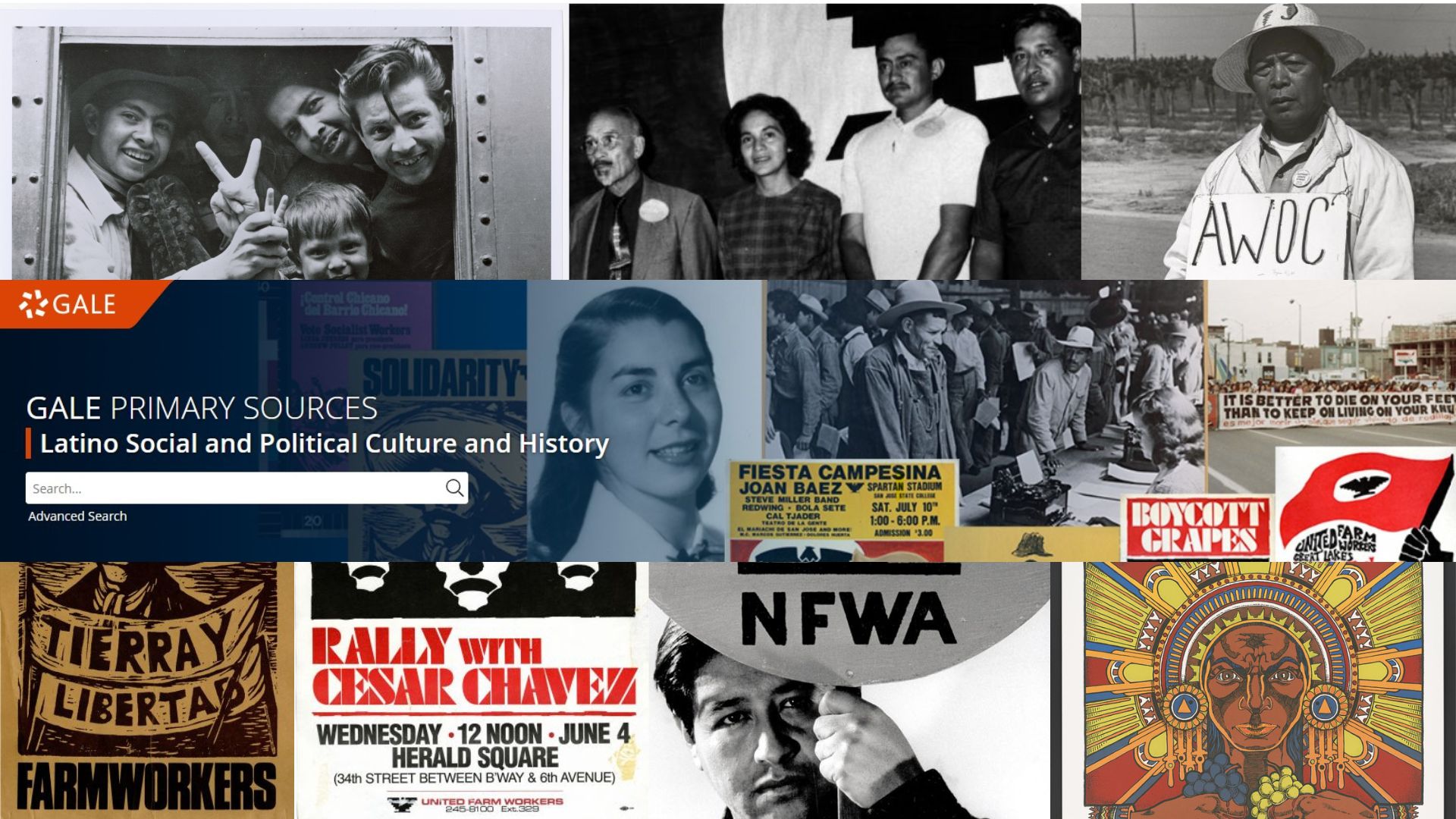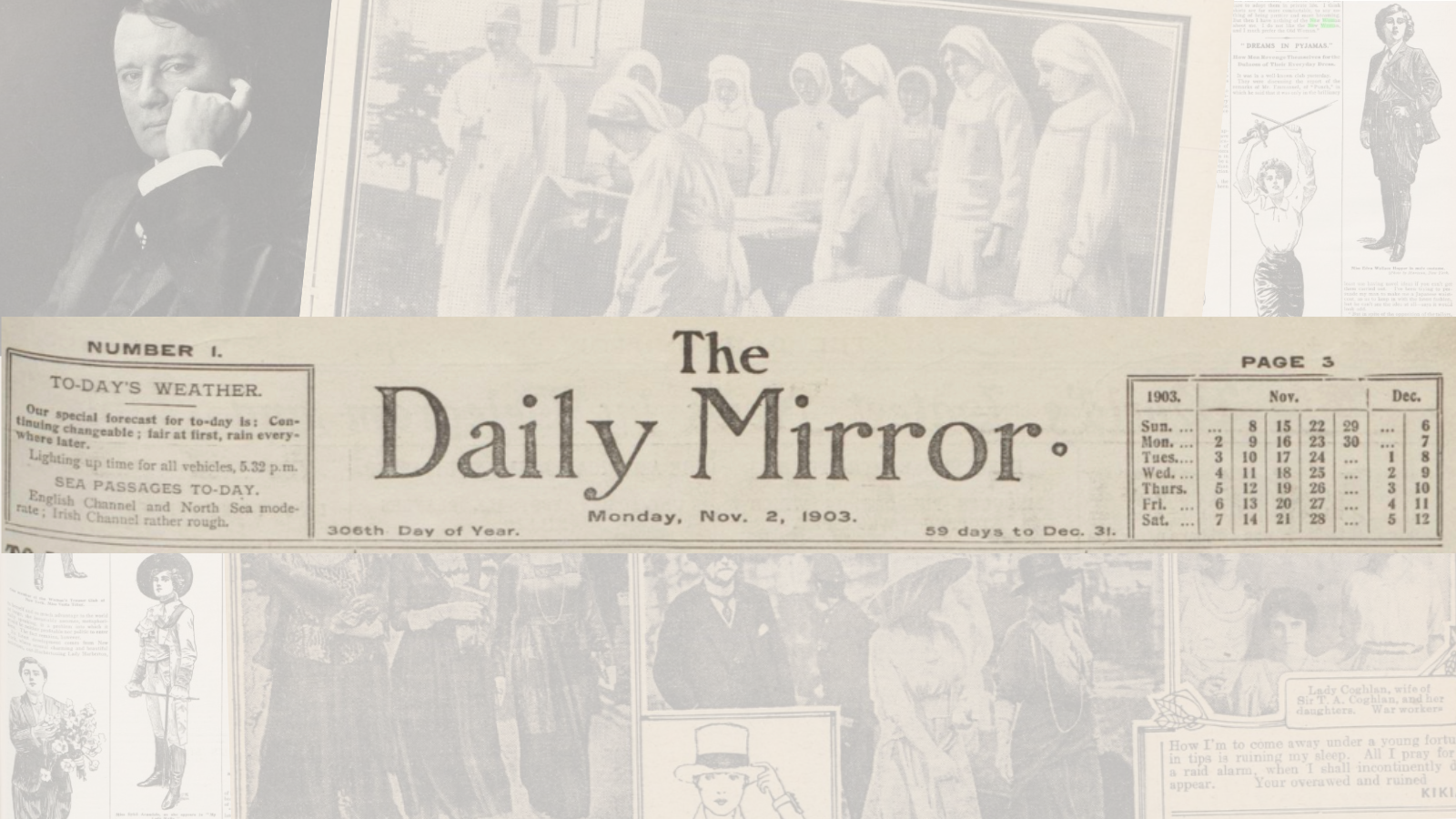│By Eleanor Leese, Acquisitions Editor, Gale Primary Sources│
The first half of the 2020s brought with it political and social upheaval on a scale not seen for generations. Nothing touched the lives of more people than the COVID-19 infections that were reported in the opening days of the decade, and led to the deaths of more than seven million people worldwide. To understand these once-in-a-lifetime events, journalists turned to the most recent example of a global pandemic – still just within living memory: the ‘Spanish Flu’.
With the addition of issues for 2020 to 2024 in The Times Digital Archive, it’s possible to research the development of these two in parallel for the first time.

